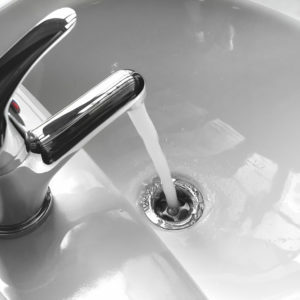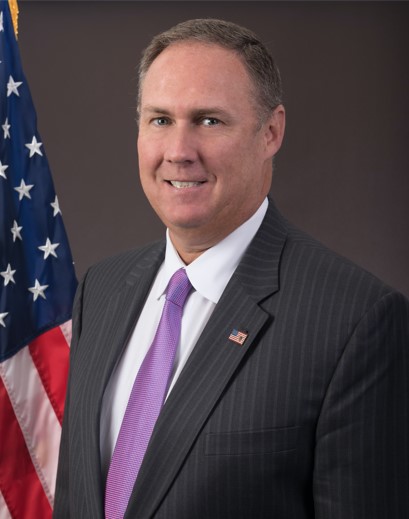America is facing serious and growing water infrastructure challenges, meaning communities across the country are having important conversations about how to ensure safe, reliable water. One of those conversations is happening right now in Chester where the city, which owns the Chester Water Authority (CWA), is looking to get out of the water business and put it in the hands of other local experts.
As both a CWA customer and president of the National Association of Water Companies (NAWC), which represents America’s water companies, I am invested in this ongoing conversation about the future of Chester’s water system and am concerned about misinformation concerning the potential sale.
A wide sampling of that misinformation was part of a recent editorial written by local activists.
Chester is looking to sell its system for good reasons. First, Chester faces significant financial challenges and is only the second Pennsylvania town to be placed into receivership. The sale of CWA is a solution that will bring in much-needed revenues while also placing the system in the hands of professionals.
By selling to a professional water company, Chester will gain the operational expertise that is the hallmark of the private water industry, which currently serves over 4.4 million Pennsylvanians. Despite activist attempts to paint a rosy picture about CWA, the reality is the system has been plagued by operational inefficiencies for decades. A water company will be able to address those inefficiencies, offer a strategic investment plan that removes local politics from decisions about infrastructure, and ensures residents have safe and reliable water for generations to come.
Instead of providing a factual assessment of CWA’s situation, the editorial’s writers resort to the very thing they accuse water companies of doing–scaremongering. For many years, activists on the fringes have tried to demonize particular industries by putting “big” before it. Big Oil. Big Pharma. Big Ag.
But this is a new, absurd one. Big Water?
I assume they are referring to the water companies that:
- Serve 73 million Americans, partnering with local communities to ensure the highest level of water quality and reliability at affordable rates. These very companies have been proven in study after study to provide the highest quality water–higher than that provided by government-run systems. In fact, EPA data show systems run by Pennsylvania water companies are 34.7 percent less likely to have Safe Drinking Water Act violations compared to government-run systems.
- Invest billions of dollars annually into community water systems so that when you turn on your tap, you know your water is safe to give to your family.
- Provide affordability programs to assist those who may struggle to pay their water bills, unlike the government-run systems.
- That employs tens of thousands of local residents who live in the communities they serve every day–people who are a part of the fabric of the community’s life and you see at the gym or the grocery store or on the sidelines at youth sporting events.
Putting aside the writers’ obvious red herring, it is incredible how many basic facts about water system operations their editorial got wrong.
For example, their claims about how water companies generate profit are laughably inaccurate and expose just how little they actually know about water utilities. They claim water companies want inflated prices for water systems because higher purchase prices result in bigger profits.
That isn’t at all how it works.
The price a water company pays for a system has absolutely nothing to do with how much of a return it can earn. A water company can only earn a return on the dollars they invest in necessary infrastructure repairs and upgrades on systems it already owns.
The writers are right about one thing – water companies are “regulated utilities.” Unlike government-run systems, water companies have strict oversight from independent state regulators. In Pennsylvania, that’s the Public Utility Commission (PUC).
I had the pleasure of serving as PUC chair and know how these protections benefit customers. The PUC provides rate regulation–meaning those expert regulators systematically review company expenditures and assess system needs as part of a transparent, months-long rate-setting process. That’s right: decision-making on customer rates rests in the hands of expert independent regulators, not water companies or local politicians who want to be re-elected.
City leaders and residents should not be misguided by those who are only interested in blocking proven water company solutions, not fostering a productive discussion about what is best for Chester’s residents. The expertise, strategic investment, and singular focus on water system operations that comes from working with a water company will ensure that current CWA customers like my neighbors and my family have safe drinking water and reliable service.
Follow us on social media:Twitter: @DV_Journal or Facebook.com/DelawareValleyJournal


